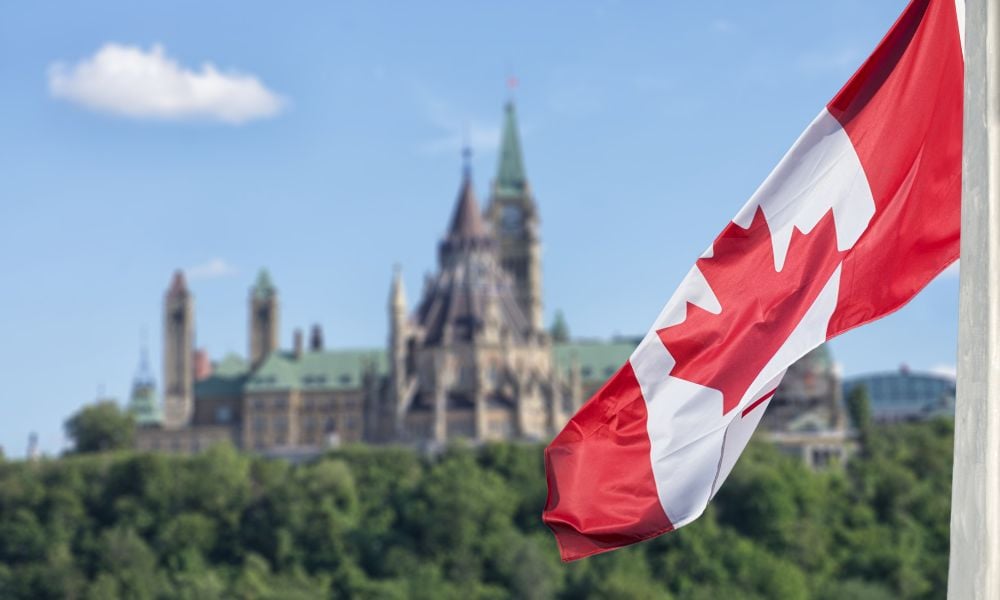Liberal MPs hear calls for tax incentives and policy clarity to drive long-term domestic investment

Canada’s largest pension funds and banks want the federal government to restore long-term confidence for large-scale domestic investments, according to MP Wayne Long, secretary of state for the Canada Revenue Agency and financial institutions.
Long said during budget consultations that these institutional investors are prepared to back years-long infrastructure projects if Ottawa addresses regulatory barriers.
As reported by BNN Bloomberg, Long has met with representatives from the Big Six banks and the Maple Eight pension funds during his cross-country consultations.
He described a sense of frustration among these investors, who “want to invest more in Canadian industry, in nation-building projects and energy projects,” but have found the regulatory environment ineffective for such commitments.
Long argued that targeted regulatory changes could result in billions of dollars being reinvested in Canada.
Finance Minister François-Philippe Champagne and Liberal MPs are holding roundtables with CEOs, chambers of commerce leaders, union representatives, and First Nations groups to gather input for the 2025 budget.
The budget, which will be the first under Prime Minister Mark Carney and Champagne, is set to be tabled during the fall session of Parliament rather than in the spring.
According to Long, the fiscal update will be “defence-centric” and “housing-centric,” building on priorities in the Building Canada Act passed in June.
That legislation advanced major infrastructure projects amid Canada’s trade dispute with the United States and broader efforts to strengthen the domestic economy and diversify global trade routes.
Whitby MP Ryan Turnbull, parliamentary secretary to Long and Champagne, said he has heard from stakeholders in the energy storage and nuclear sectors who want Ottawa to expand investment tax credits in the coming years.
As per Turnbull, such commitments from government can give businesses the certainty to invest in Canada or attract outside capital for domestic projects.
Turnbull also reported that businesses are concerned about the state of transportation infrastructure, particularly at major ports like Vancouver.
He said confidence in the federal government’s ability to maintain key infrastructure is essential for companies seeking to expand into global markets.
Carney’s fiscal approach, as reported by BNN Bloomberg, centres on “spend less” and “invest more,” with a goal of balancing Ottawa’s operating budget within three years.
Ministers have been instructed to find 15 percent savings in operating budgets by the end of that period.
The Public Service Alliance of Canada has warned that such cuts could result in job losses and has called for collaboration with unions to achieve savings.
Turnbull acknowledged “fear and uncertainty” among public servants but also said there is recognition of opportunities to improve efficiency without reducing quality. He emphasized the need to address duplication and redundancy to improve service delivery.
Reflecting on the process, Long drew from his experience as president of the Saint John Sea Dogs hockey team, saying that budget decisions, like team budgets, can set the tone for the future.



